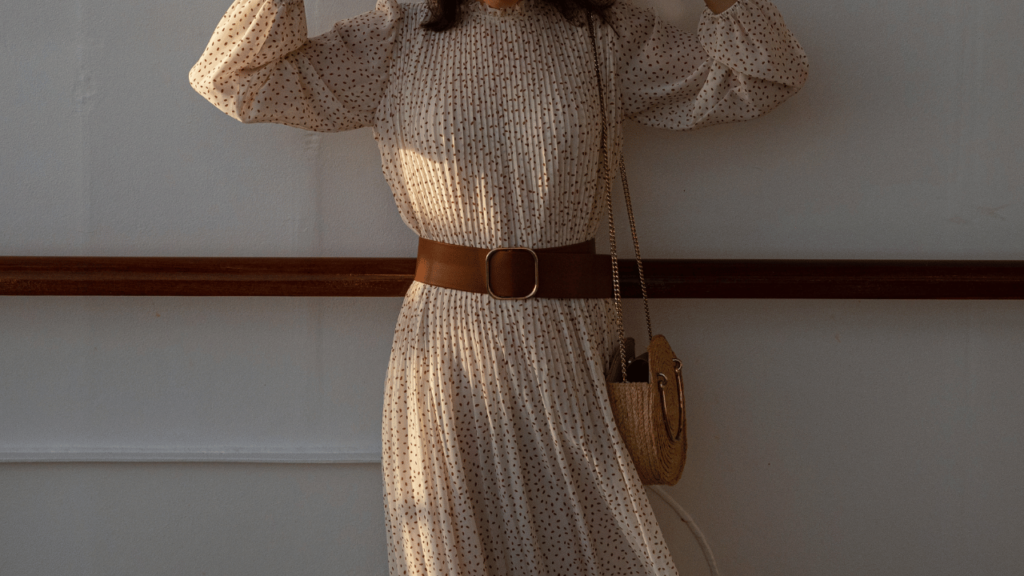On September 27, the Conseil d’Etat (France’s highest administrative court) handed down a decision that had been awaited for a year: whether or not the ban on “abayas” in schools complied with the law. This ban was issued in September 2023 by a memo from Gabriel Attal, then Minister of Education, and concerns “the wearing of abaya-type clothing” by pupils in state schools, colleges and lycées, which would be an ostensible manifestation of religious affiliation prohibited by the 2004 law.
Last year, this memo was challenged by a number of human rights associations through emergency appeals, such as the référé-liberté procedure, which was rejected by the Conseil d’État.
On September 27, the court ruled on the merits that Gabriel Attal’s memo was not illegal and, on the contrary, was in line with the spirit of the March 15, 2004 law banning the wearing of ostentatious religious symbols in schools.
But what is an “abaya-type outfit”? This is the big question the whole country has been asking itself for the past year, following numerous abuses by school heads who forbid certain outfits deemed arbitrarily “too long” and only for Muslim students or those perceived as such.
This decision by the Conseil d’Etat is a dangerous step for individual freedoms, in the direction of increasingly ordinary Islamophobia.
The CCIE (Collectif contre l’islamophobie en Europe – Collective against Islamophobia in Europe) has published on X examples of cases where high school girls have been arbitrarily turned away from classes.
Encore un exemple d’une situation inacceptable ! Chaque élève devrait se sent libre d'exprimer sa personnalité à travers ses vêtements, sans craindre de sanctions injustes.
— CCIE (@CCIEurope) September 12, 2023
➡️ https://t.co/tHSAumUhPM#CCIE #Islamophobie #abaya #Rentrée2023 #HarcèlementScolaire pic.twitter.com/QnnGjdkIjH
Read: Conseil d’État press release




